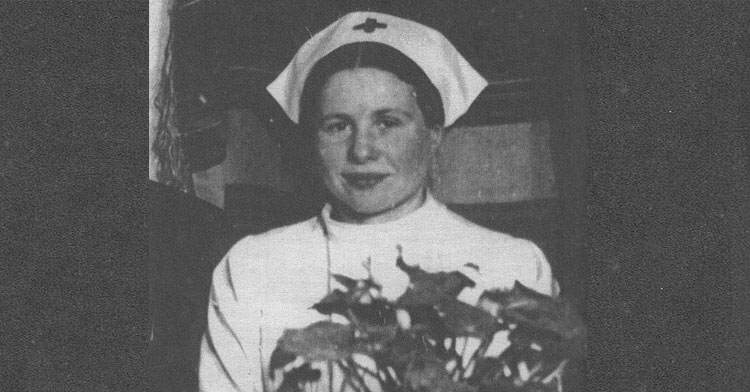Never underestimate the power of one good person, even in the face of unspeakable evil.
Thanks to the book and movie “Schindler’s List” many people know the story of how German industrialist Oskar Schindler saved over 1,000 Jewish people from certain death during World War II. Yet Poland had its own hero who, like Schindler, risked her own life to help Jews escape from the Nazi’s clutches. Her name was Irena Sendler.
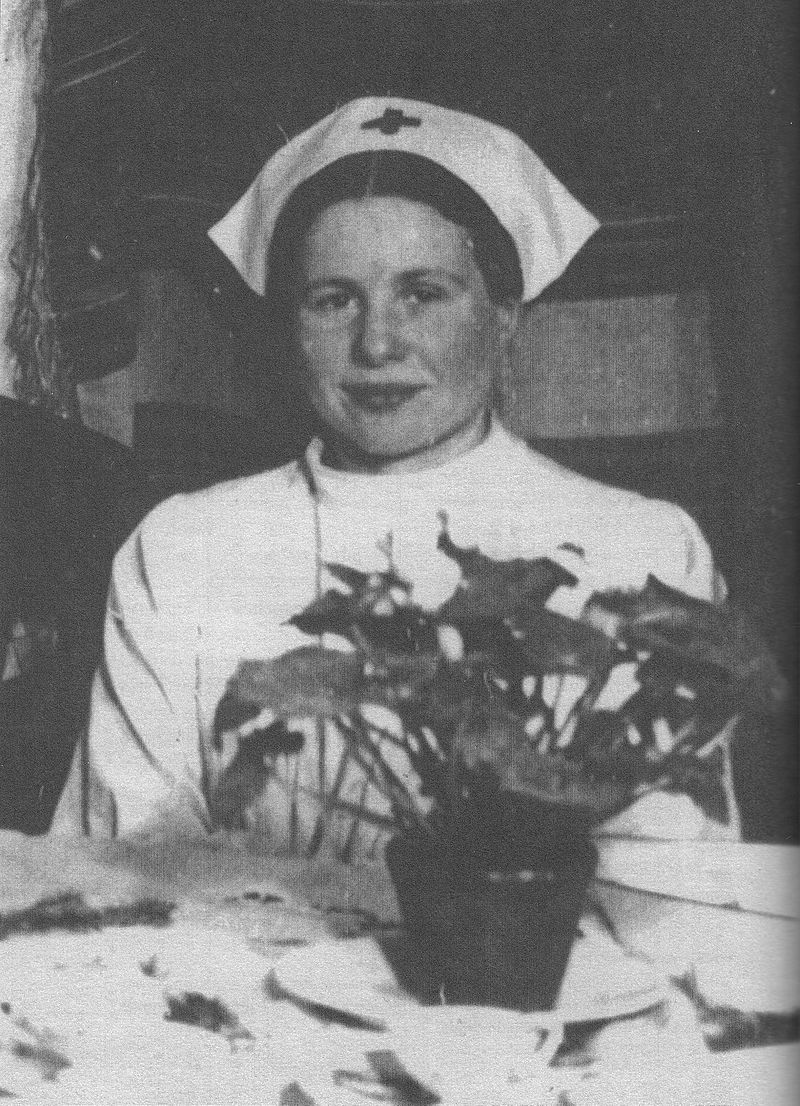
Wikimedia Commons
Irena was just twenty-nine when war broke out across Europe. The young nurse was employed by the Welfare Department of the Warsaw municipality in Poland, putting her in the perfect position to secretly help the country’s targeted Jewish population.
In 1940, the Nazis corralled its Jewish population into the Warsaw Ghetto, an area that equaled less than an acre and a half yet housed over 400,000 Jews. The ghetto was designed to segregate Jews from the general population, and inside its walls they were subjected to squalid, crowded conditions and limited rations. By 1942, almost all of the people trapped within the ghetto had been deported to concentration camps to be killed.
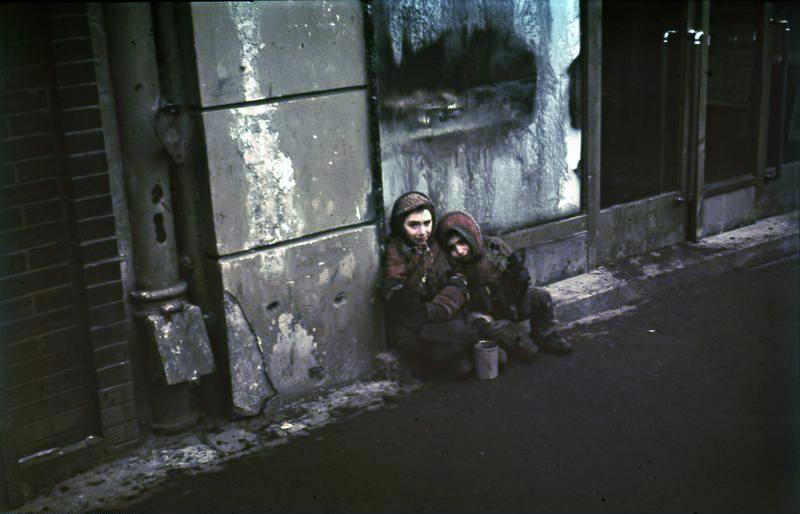
Wikimedia Commons
When word got out around Warsaw that Jews were being imprisoned and killed in the ghetto, Irena knew she had to do something to help. She used her credentials as a social worker to get a special permit allowing her access to the ghetto, then she worked secretly to smuggle children out of the ghetto. Between the years 1935 and October 1943 Irena helped more than 2,500 Jewish children escape from the Warsaw Ghetto to avoid being sent to Nazi concentration camps.
Irena and her team got the terrified kids out of the ghetto by hiding them in ambulances, leading them through underground sewer networks and passageways, or wheeling them out in suitcases or boxes. Once the children were out of the ghetto Irena hid them with Polish sympathizers. She soon became one of the main activists behind Zegota, a secret organization that called itself the Council for Aid to Jews.
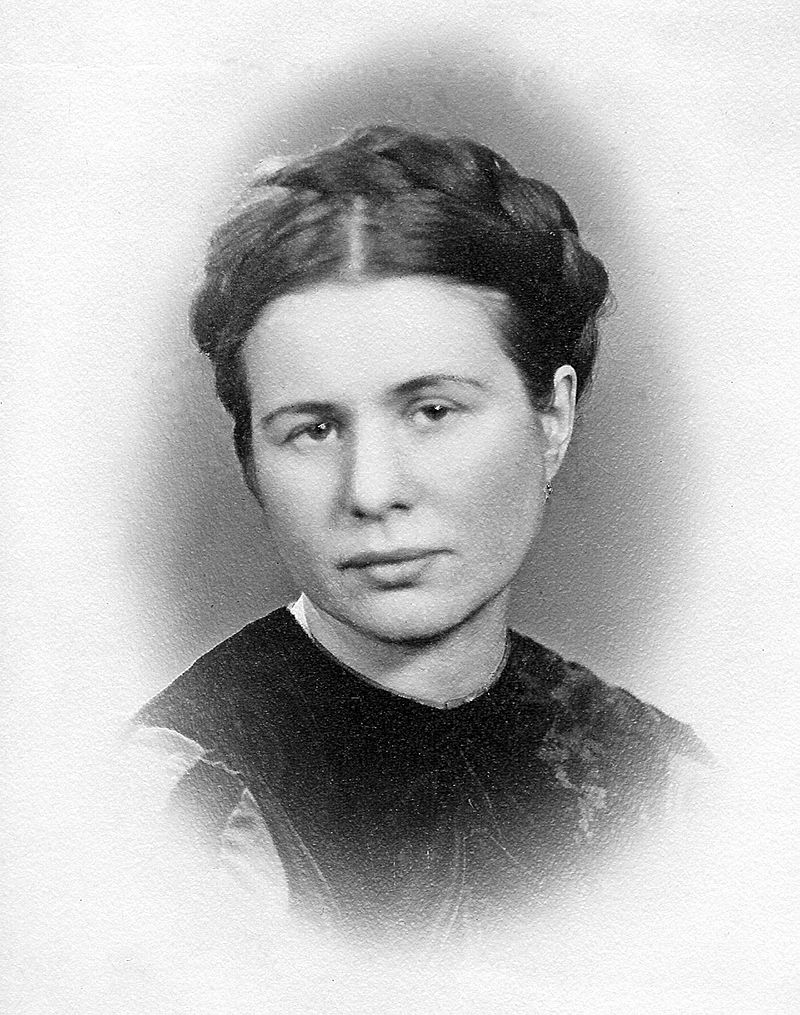
Wikimedia Commons
In October 1943 the Gestapo caught wind of what Irena was up to. When she heard they were coming for her she wrote down the names of the rescued children on cigarette papers, twice, sealed them into two separate glass bottles and buried them in a friend’s garden. Later these bottles would be dug up in an effort to help children reunite with their families. Sadly many of the families had perished in the camps before these reunions could ever take place.
After the Gestapo arrested Irena she was subjected to unspeakable torture, including having both legs and feet broken. Still, she never confessed to her perceived crimes and she never gave up the names of the children she’d saved. She was scheduled to be executed, but on the day she was meant to be killed the Zegota managed to bribe German officials with a rucksack full of cash, so they knocked her unconscious and left her on the side of the roadside.
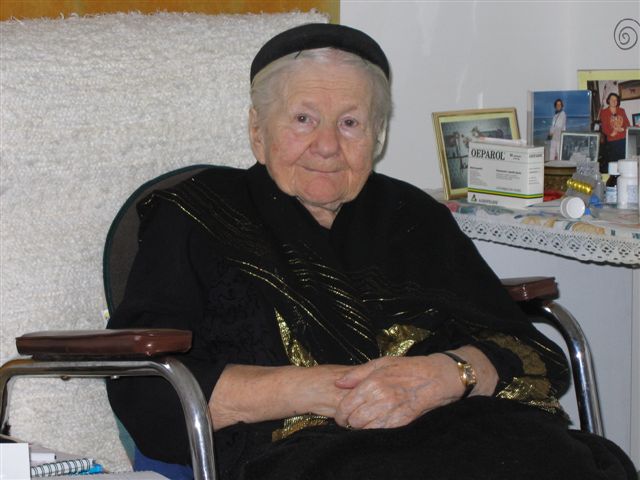
Wikimedia Commons
After the war Irena was recognized as the hero she truly is. She lived to be ninety-eight, and all the while she never thought of herself as being a hero.
“I was brought up to believe that a person must be rescued when drowning, regardless of religion and nationality,” she said simply. “The term ‘hero’ irritates me greatly. The opposite is true. I continue to have pangs of conscience that I did so little.”
Yet for professor of literature Michal Glowinski, one of the children who Irena rescued and whose name was once inside one of the glass jars, she is undoubtedly a hero. “I think about her the way you think of someone you owe your life to,” he said. In 2008 Irena was able to meet some of the people whose lives she saved all those years ago.
“In the face of today’s indifference, the example of Irena Sendlerowa is very important,” said Elzbieta Ficowska, one of the children who Irena smuggled out of the ghetto at just five months old. “Irena Sendlerowa is like a third mother to me and many rescued children.”
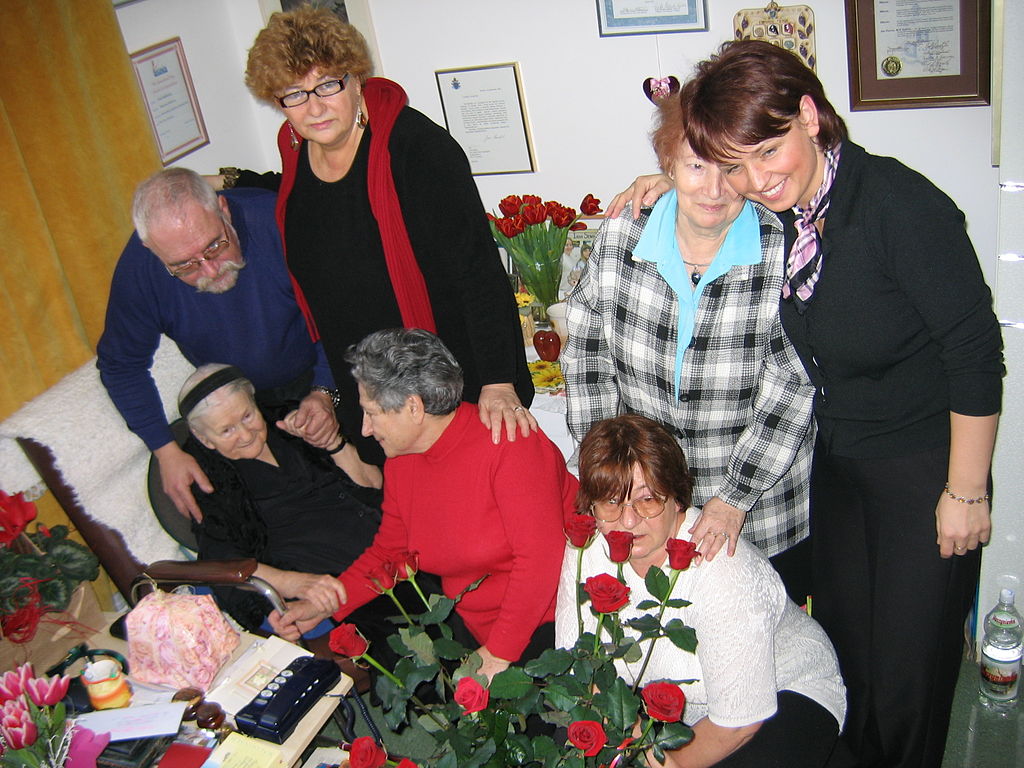
Wikimedia Commons
Irena has received many important honors thanks to her humanitarian efforts during the war, including the Gold Cross of Merit and the Order of the White Eagle, Poland’s highest honor.
We can continue to honor her to this day by carrying the memory of her heroic actions in our hearts. As history slips further into the past it is our duty to pay tribute to the people who did not stand idly by and watch as atrocities occurred. Let’s all take a moment to remember the heroes like Irena.
Please share this article to inform others of this incredible woman’s story.
Want to be happier in just 5 minutes a day? Sign up for Morning Smile and join over 455,000+ people who start each day with good news.



